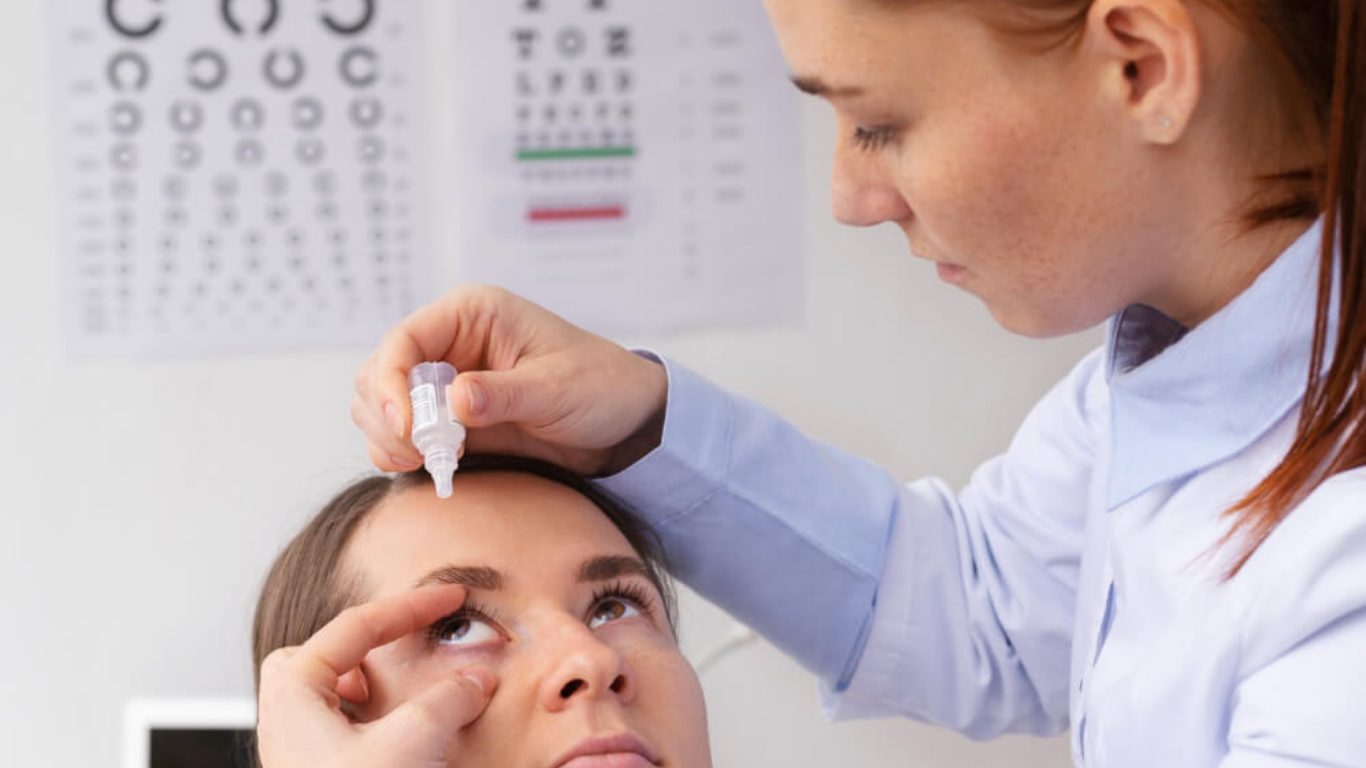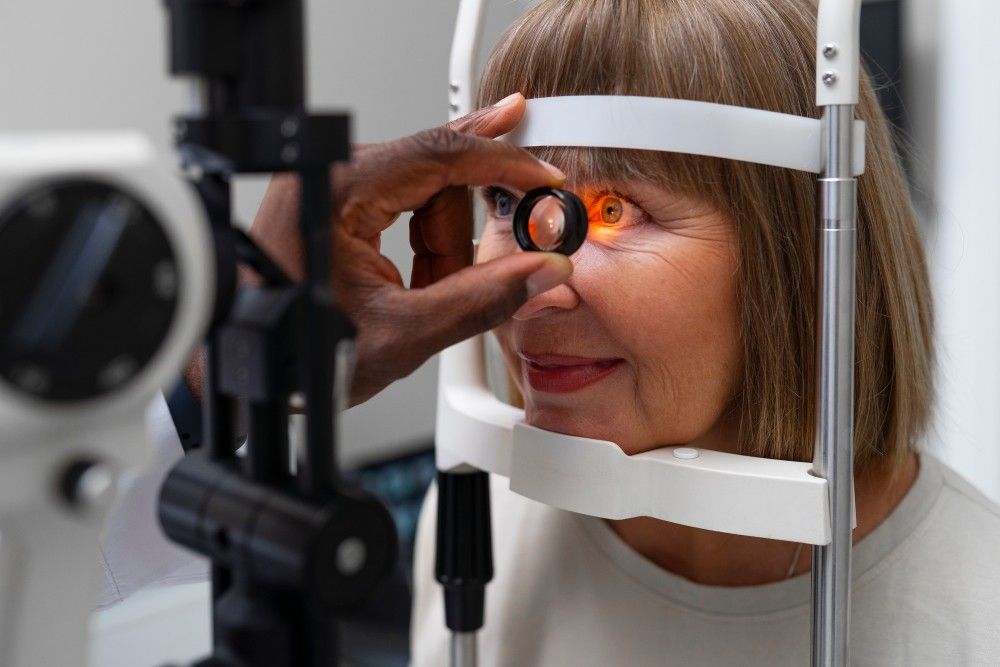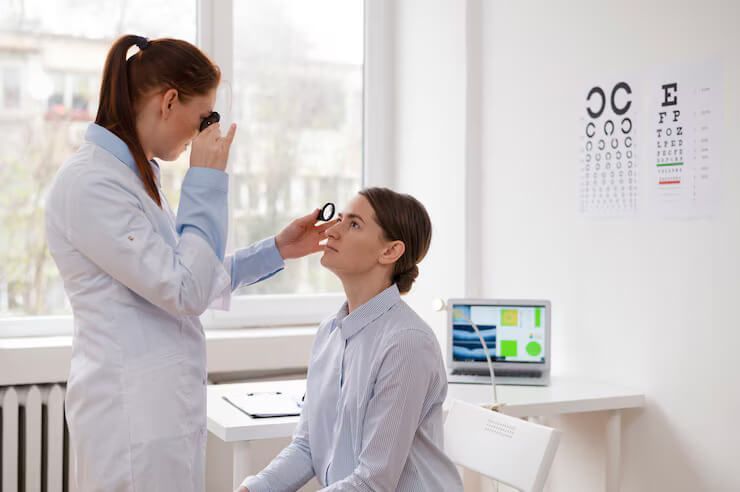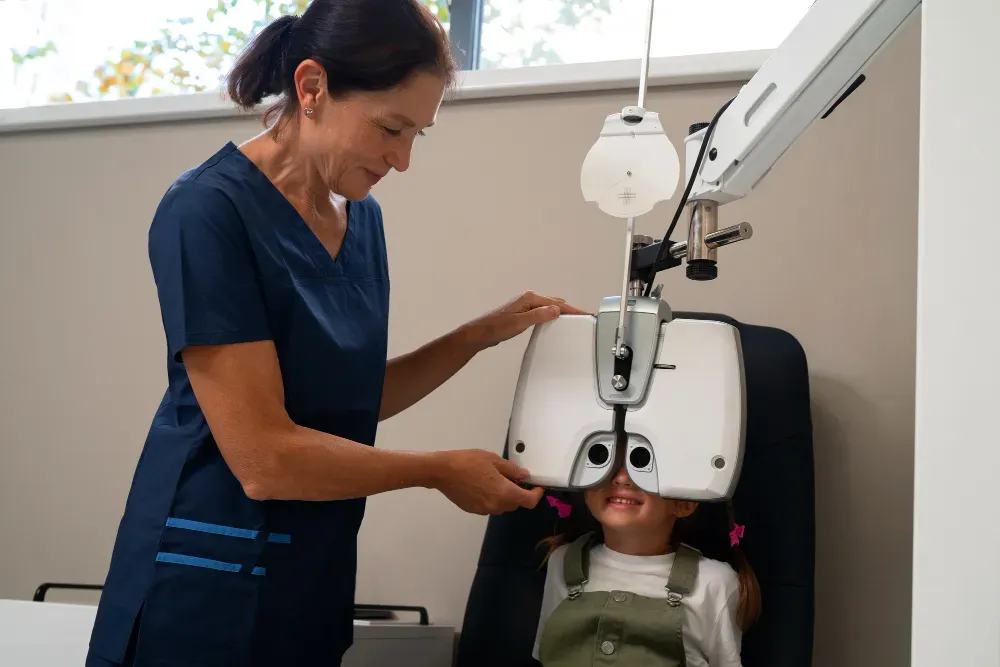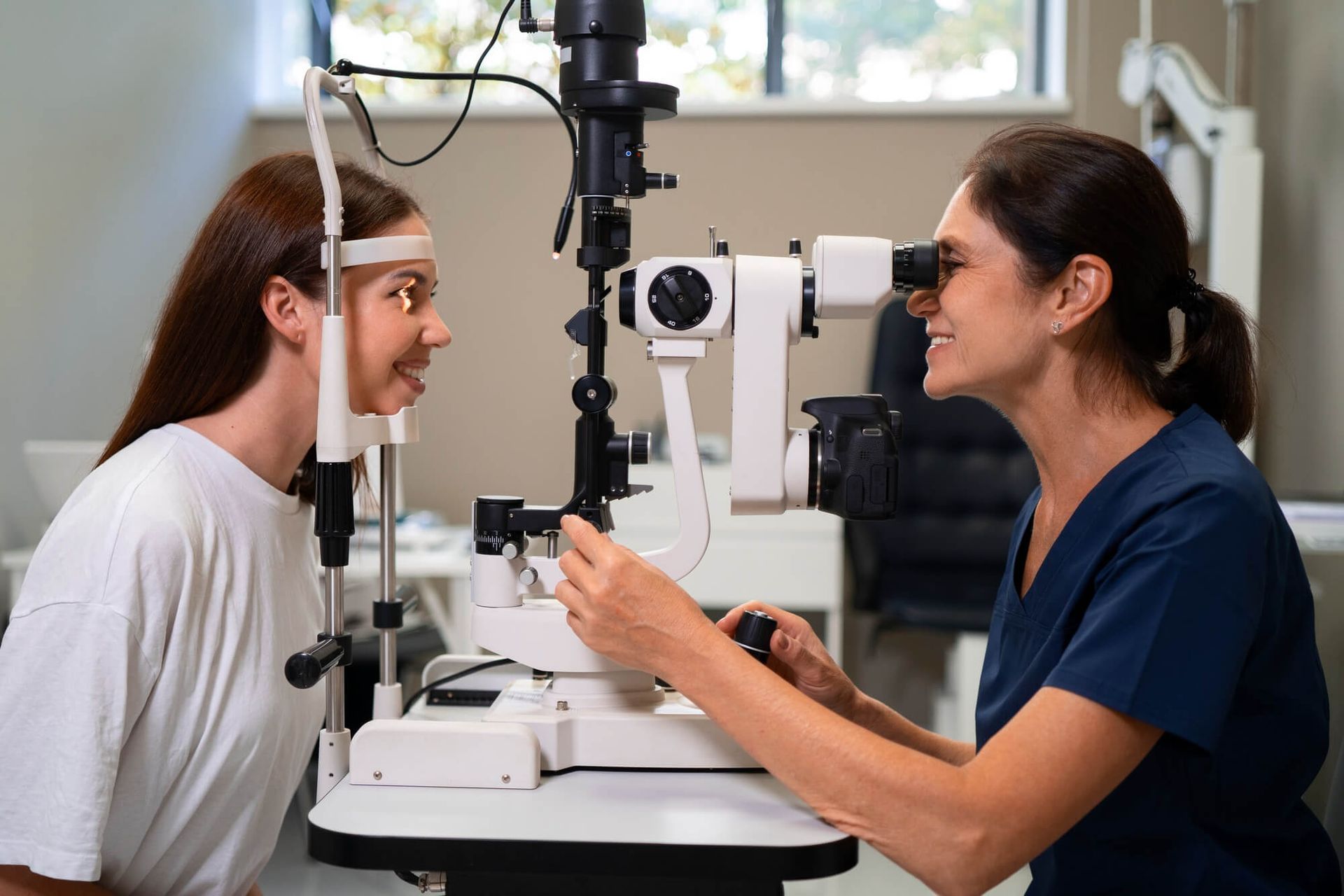Are you suffering from red, itchy, and watery eyes during certain times of the year? Then, there is a possibility that you have been experiencing seasonal allergic conjunctivitis. Allergic conjunctivitis is a common type of optical allergy that affects millions of people, especially during spring and fall.
At Hill Country Eye Center, we understand how irritating and disruptive this condition can be. In this article, we will explain what causes it, what the typical allergic conjunctivitis symptoms are, and the best options for allergic conjunctivitis treatment.
What Is Allergic Conjunctivitis?
Allergic conjunctivitis is inflammation of the conjunctiva, the thin membrane that covers the white part of the eye and the inside of the eyelids. It occurs when the eyes come into contact with allergens such as pollen, dust mites, pet dander, or mold spores.
There are three main types of conjunctivitis: viral, bacterial, and seasonal. Seasonal allergic conjunctivitis is the most common. It flares up at specific times of the year when pollen counts are high.
Common Allergic Conjunctivitis Symptoms
The signs of conjunctivitis allergic reactions include:
- Red or pink eyes
- Itchy or burning sensation
- Excessive tearing or watery eyes
- Swollen eyelids
- Sensitivity to light
Unlike bacterial conjunctivitis, which often produces a yellow or green discharge, allergic conjunctivitis usually leads to a watery discharge. The symptoms mentioned above frequently occur in both eyes and coincide with other allergy symptoms like sneezing or nasal congestion.
How Long Does Allergic Conjunctivitis Last?
In mild cases, symptoms can last only a few hours after exposure to an allergen. However, in more persistent cases, especially during high pollen seasons, symptoms can last for several weeks or even months. Managing exposure and starting treatment early can significantly reduce discomfort and duration.
Is Allergic Conjunctivitis Contagious?
No, allergic conjunctivitis is not contagious. It is an immune response to allergens and cannot be spread from person to person. This is a key difference between allergic and viral or bacterial conjunctivitis, which can be highly contagious.
Allergic Conjunctivitis Treatment Options
At Hill Country Eye Center, we tailor allergic conjunctivitis treatment plans to each patient’s symptoms and severity. Standard treatment options include:
- Antihistamine Eye Drops: These eye drops relieve itching and swelling by blocking the effects of histamine.
- Mast Cell Stabilizers: Stabilizers prevent the release of histamines and other chemicals that cause allergic symptoms.
- Decongestant Drops: Decongestant drops also reduce eye redness by narrowing blood vessels.
- Artificial Tears: Artificial tears act like a natural washing element. They clear away allergens and provide soothing relief.
- Oral Antihistamines: These are useful for patients with additional allergy symptoms like sneezing and nasal congestion.
- Cold Compression: Cold compression reduces inflammation and relieves irritation.
When to See a Specialist?
If you are experiencing persistent or severe symptoms, contact Hill Country Eye Center today. We specialize in diagnosing and treating allergic conjunctivitis, ensuring you get relief and protect your vision. Schedule an appointment today, and let us help you see clearly and comfortably all year round.
